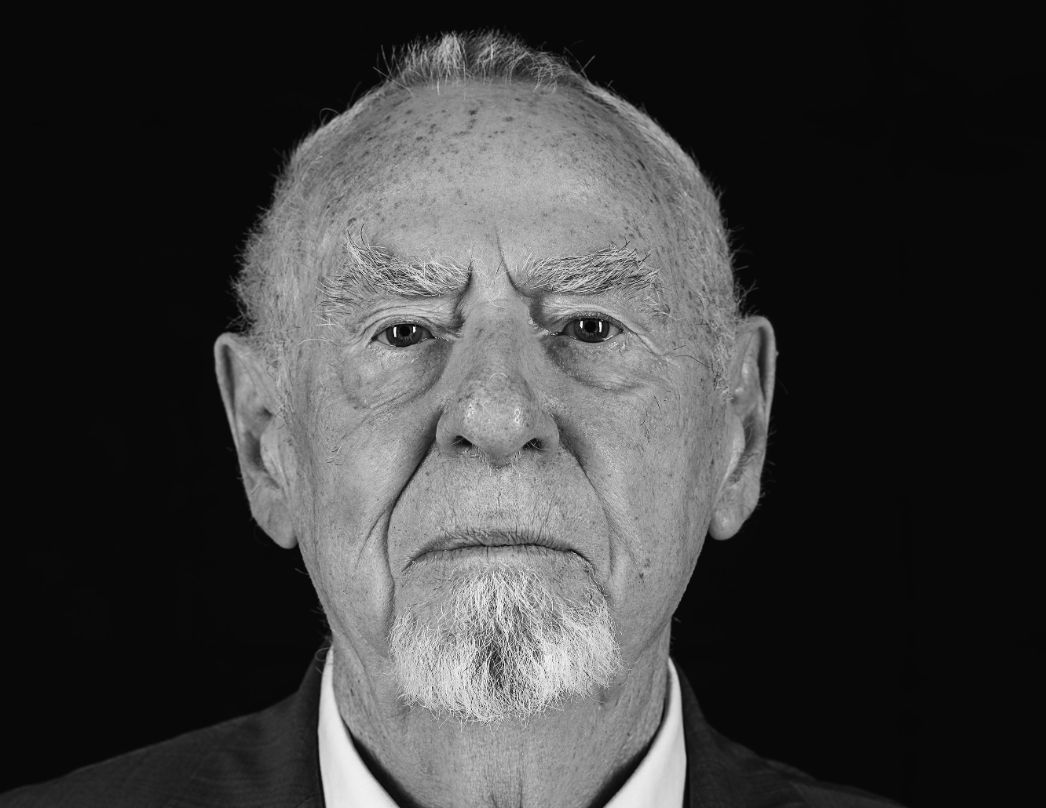Transcript
Narrator To Günter Pappenheim, opposition and resistance were nothing new. His father, Ludwig Pappenheim, came from a Jewish merchant family and was an active Social Democrat, who worked to counter the Nazis early on. He was arrested as early as 1933, when Günther was seven years old. Half a year later, he was murdered in the Neusustrum concentration camp, one of the camps in the Emsland region. Hard times began for the family, economically and otherwise. Frieda Pappenheim had to care for her four children alone and the Nazis denied her a widow’s pension. The family was subject to permanent harassment: Their house was searched and their windows smashed in several times. The authorities made no attempts at investigating.
The four children became outsiders. Taking orientation from his parents, Günther Pappenheim identified with social democracy and its values. The Pappenheim children refused to do the Nazi salute or to write essays in praise of the Führer. They did not enter the Hitler Youth either. This was one way of honouring their murdered father.
After graduating from school in 1940, Günther Pappenheim began training as a locksmith and worked at the Gebrüder Heller factory in Schmalkalden. Here too, he had little contact with his peers. Apart from several French forced labourers, no one shared his political views. Günther Pappenheim got along well with the French and often spent his breaks with them. On the 14th of July 1943, the French national holiday, they asked him to play the Marseillaise, their national anthem. Günther Pappenheim, 17 years old, played it on his accordion.
[The Marseillaise starts playing]
He knew the melody because there was a German version of the song, the Workers’ Marseillaise. “Forward, you who respect justice and truth / Stand by our flag in droves!” These were values that were contrary to those of the Nazis.
German labourers at the factory overheard Günther Pappenheim playing the song and denounced him. He was arrested that same day and taken to prison in the nearby town of Suhl. The officers there abused him. In October, he was taken to Buchenwald and interned for having exhibited “subversive attitudes” and for being a so-called Person of Mixed Blood of the First Degree.
Political inmates who had known his father helped him, taking him under their wing. Günther Pappenheim survived Buchenwald and returned to Schmalkalden after he was freed. In 1946, he became a member of the Socialist Unity Party of Germany (SED) and subsequently held different positions in the party. Today, his accordion forms part of the Buchenwald Memorial Collection.


